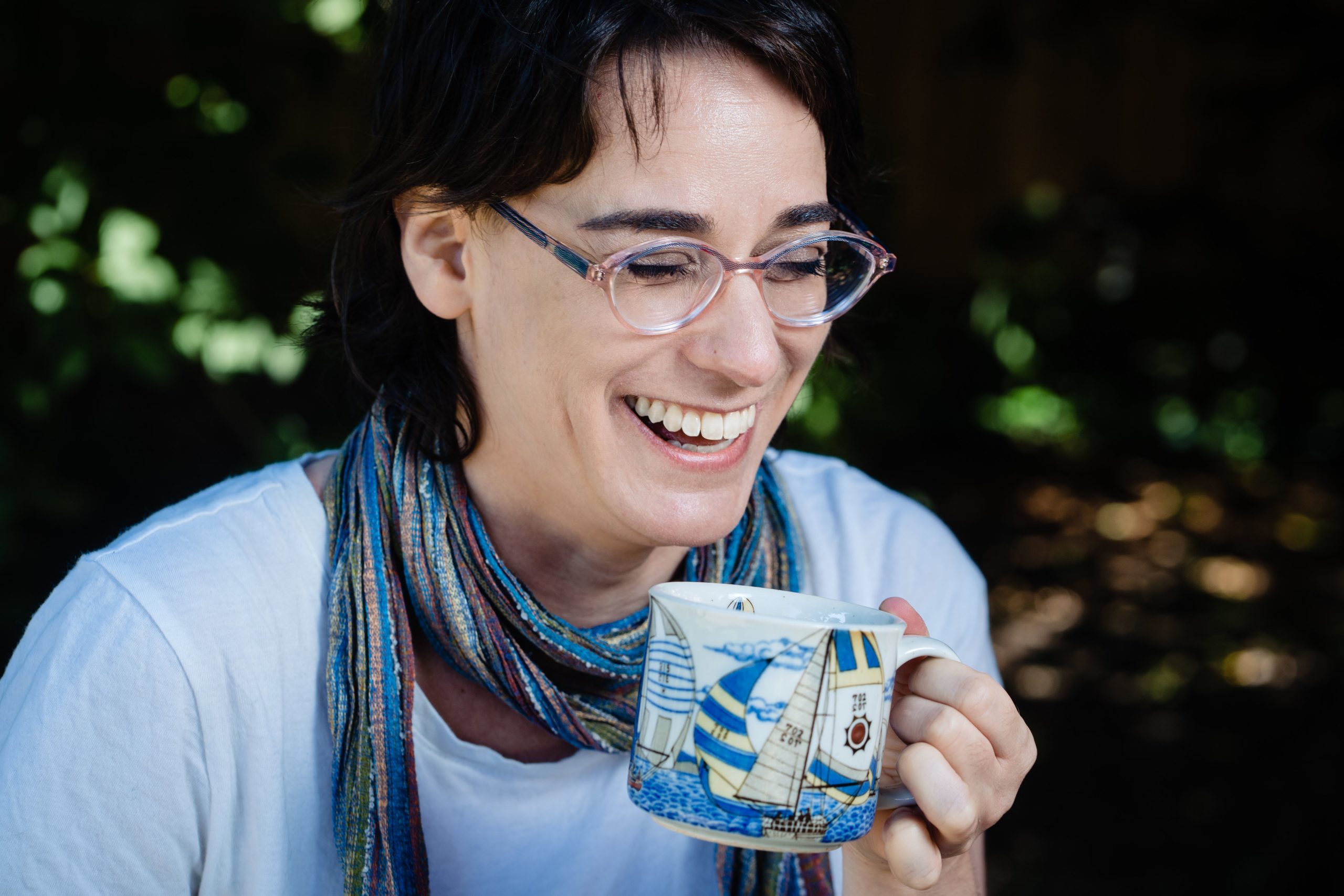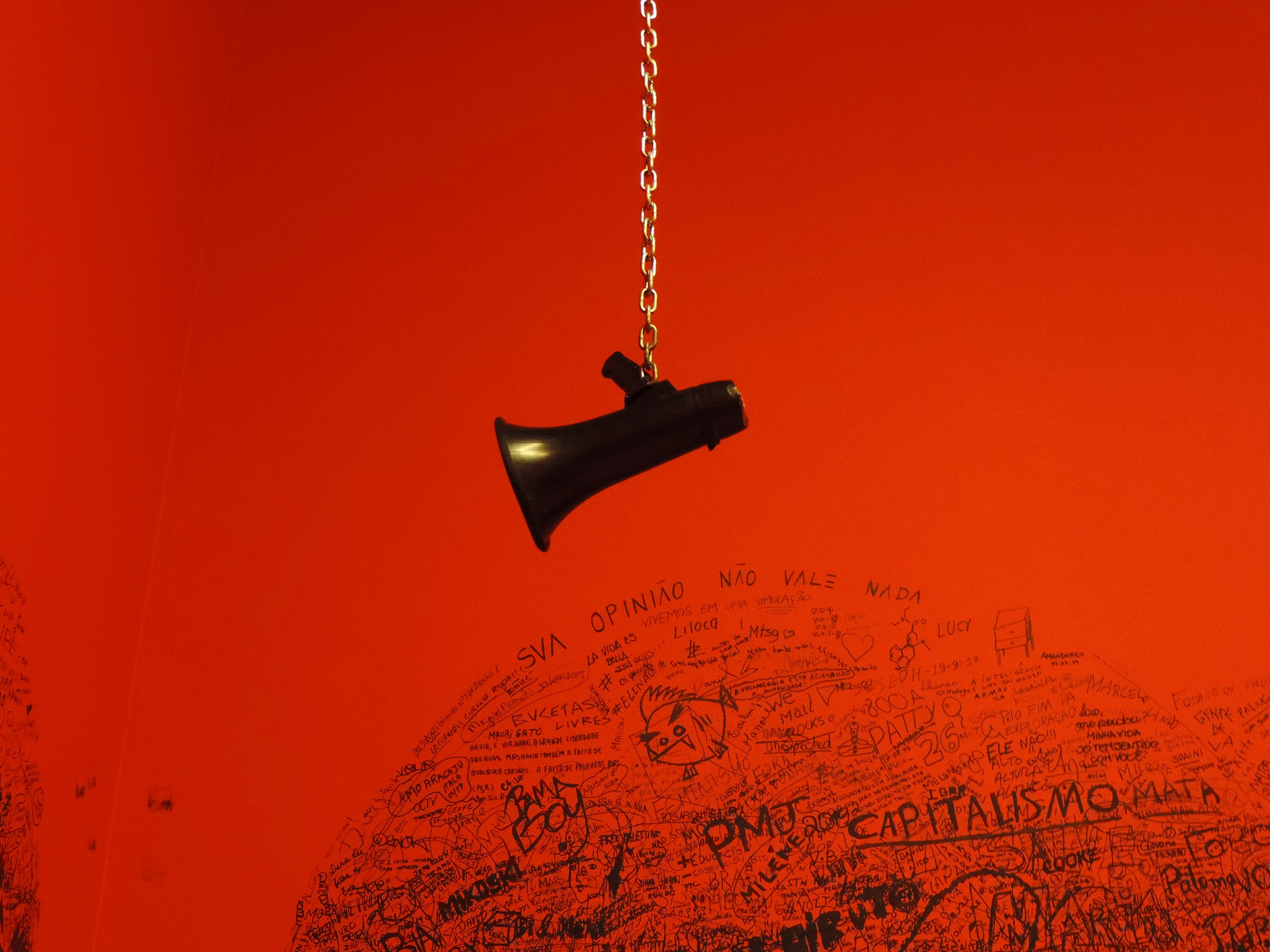
Spotlight: Kathy Friedman and Finding Your Writing Community
As a student hoping to find myself on the other side of the podium one day, I thought it would be fun to chat with some of my teachers about their experiences as writers. Today’s interview is with Kathy Friedman, a full-time professor at Humber Polytechnic.
Kathy has taught creative writing for over a decade including the University of Guelph’s Open Learning program and several community organizations like the Northern Institute for Social Action, the 519, and the Toronto Public Library.
Kathy is a mental health advocate and the co-founder of InkWell Workshops which offers high-quality literary programming to people with mental health and addiction issues. Her short story collection, All the Shining People, was shortlisted for the Trillium Book Award, Danuta Gleed Literary Award, and the ReLit Award for Short Fiction. You can find her writing in Grain, Geist, The New Quarterly, Humber Literary Review, and others.
In class, Kathy often emphasizes the ways that we can encourage and support each other in the writing industry. This includes acknowledging inequalities that can have a dampening effect on a writer’s ability to speak and be heard. That said, Kathy understands that a large part of the writing process happens in isolation and stresses the importance of being safe and practicing self-care when writing about difficult topics.
In your opinion, what’s the best thing about a writing program like the Bachelor of Creative and Professional Writing degree at Humber?
Humber’s Bachelor of Creative and Professional Writing program was designed very thoughtfully by Meaghan Strimas and many others to ensure that students aren’t only learning craft tools and gaining a strong community, but also developing the practical skills and applied knowledge they’ll need to pay the bills after graduation. It’s a unique and wonderful program.
What’s the most challenging aspect?
While the focus on community-building is fantastic, I think it can also be challenging. Students can feel that they’re in competition with each other; I know some folks worry about lagging behind. Capitalism teaches us that artists must compete to succeed, that there isn’t enough time or talent or resources for everyone. But this scarcity mindset is antithetical to art-making, I think, which thrives on community, connection, and collaboration.
In my role as a professor, I try to always impart the sense that “We’re all in this together”—the writing life, that is—which in addition to writing includes reading, thinking, questioning, looking, listening, exploring, imagining, and flourishing.
Your debut collection of short stories, All the Shining People, was released in 2022, and this is a huge milestone for many writers. What was that experience like?
The experience was exciting and gratifying and very scary! I’d dreamed of publishing my first book for a long time, so to have readers find and respond positively to my work was overwhelming in the best way.
What did you learn about the publishing and writing industry from it?
I think the most important lesson I learned about the industry came several years prior. I’d sent an early draft of my collection to an editor I admire at a big publishing house. She rejected it, but still offered to meet with me to discuss possible revisions. I’d already published my work in lit mags, won grants, and been shortlisted for a national award, but I thought I needed to publish a book to be a “real” writer. So when this celebrated editor took me seriously, I decided it was time to take myself, and my writing, equally seriously. No more caveats, like “aspiring” or “emerging;” from then on, I was a writer.
Publishing All the Shining People confirmed this lesson. Life doesn’t change much for most published authors, especially in Canada. But learning to stand behind my accomplishments, my voice, myself? Priceless. I encourage all my students to call themselves writers as early as possible in their journeys.
Is that the best writing advice you ever got? Call yourself a writer as soon as possible?
The best advice I’ve received came from my MFA thesis advisor, Catherine Bush. I was freaking out about how long it might take me to finish my short story collection and whether I was up to the challenge of writing it. I asked her, “What am I supposed to do? Just, like, have faith that I can be a writer?”
Catherine answered me calmly. “No, not faith,” she said. “Love. You just keep coming back to what you love about doing the work.”
Have you ever been rejected in your writing career? How did you get through it?
So many times! Mosty recently, I was rejected for a writing residency at the Banff Centre. Feeling salty about it, I decided to reach out to community and organize my own retreat in Ontario—my exact thoughts included a few f-bombs and the sentiment, “Whatever, Banff; I don’t need you!” I found a lovely spot and emailed about 15 writers I know to ask if they’d be interested in joining me for a week’s retreat. A group of six of us went up together in July.
I’m sharing this story because I think it’s a good example of how rejection can spur us to take positive action, and because it shows why literary community is the best thing I’ve found to help move past the associated hurt and disappointment. After receiving a rejection, I’ll often vent my feelings to writer friends who I know believe in me and in my work. They’ve been there too, so they get it. Then, once I’ve taken some time to feel broken up about it, I’ll ask myself if I should stop writing. Since the answer, invariably, is “Uh, no!” I figure that my best form of revenge is to get back to work.
In class you’ve mentioned feelings of insecurity when you were a new writer and how it impacted your writing, like implementing feedback that didn’t align with your vision for your story.
How can other new writers stand confidently in their ideas and their voice without the professional experience, reputation, or even a solid literary community to support them?
I think there’s a sweet spot between being too closed off to workshop feedback and losing sight of your own vision for what is essential to your piece. This struggle never quite goes away: even with a professional reputation, we’re still faced with the task of responding to editorial feedback and deciding which changes to make and how to go about it.
Mostly, I think developing the necessary self-assurance comes from practice. But I also think it’s worth paying attention to the ways that social inequities can make it more difficult for folks from marginalized communities to confidently own their ideas and their voice. I spend a lot of time in class discussing the workshop process, as well as ’fessing up to my own insecurities, because I want to create a space where all my students feel safe enough, and brave enough, to take risks, tell their stories, and develop the confidence their writing so richly deserves.
If your students remembered only one thing about you, what would you want that to be?
I hope it would be how they felt in my class: seen, heard, connected, and empowered.
Brittany is a student in the Bachelor of Creative and Professional Writing program at Humber College. Her immediate writing focus is on developing characters who confront difficult, often buried emotions. When she’s not writing, she firmly embraces chaotic shenanigans, exploring Toronto in search of her next favourite meal or view of Lake Ontario.





Leave a Reply